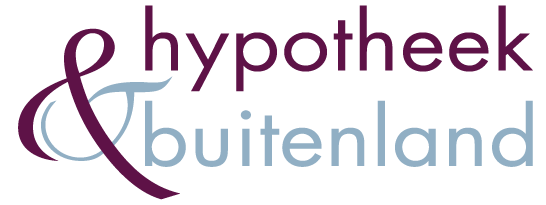Review of income Portugal
Testing on income
Portuguese banks also test whether your income is sufficient to obtain a mortgage. The method of testing varies from bank to bank. Banks generally allow up to 30% to 40% of net income to be spent on loan charges, rent and alimony.
Most Portuguese banks require that income from salary derives from permanent employment. Some Portuguese banks are less strict about this or do not actively check it. The Dutch phenomenon of the declaration of intent is not known in Portugal.
It is possible to get a mortgage if the income comes from your own business. See further explanation on this under UNDERTAKERS
Portuguese banks look at retirement income from a certain age. Exactly what age varies from bank to bank. Sometimes they then use a certain weighting percentage (“pondering”) of current income as future retirement income, sometimes they look at the actual pension to be received.
If the pension income has already started then Portuguese banks will test with that pension income provided it is a pension guaranteed for the duration of the mortgage applied for.
Most Portuguese banks include existing rental income as income. In doing so, it varies from bank to bank what percentage of it is taken as income. One does not look at the net rental income: so the existing mortgage expense of a leased property will be considered in its entirety in the review of the mortgage application.
If the feasibility of a file depends on future rental income, an application will usually not be approved.
If there is no or little regular income, but the income comes from assets, some Portuguese banks are willing to look at the size of the assets to assume a certain fixed income from them. This sometimes assumes a fixed rate of return, or – if the income is demonstrably “perpetual” – looks at actual returns achieved.
For households with gross annual incomes higher than €150,000, there are more mortgage options. See more on this at BIG LOANS
Portuguese banks do not include income from WAO or WIA as income. Income from private disability insurance is generally included as income.

